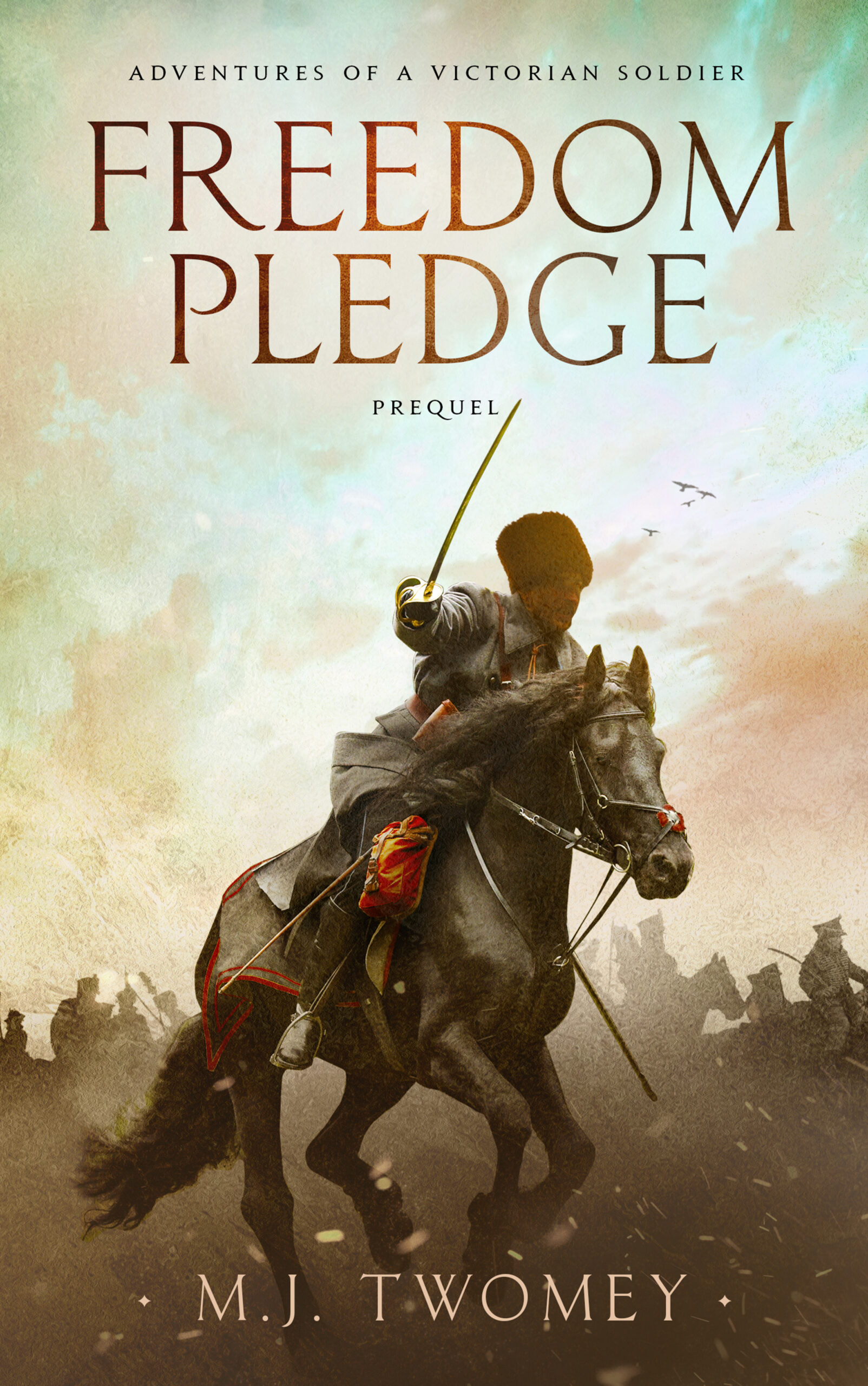Juan Rafael Mora Porras was born on February 8, 1814, in San José, Costa Rica, Nicaragua’s southern neighbor, and died tragically on September 30,1860. He assumed the presidency of Costa Rica when his brother, Miguel Mora Porras, resigned in 1849, and was reelected in 1853 and 1859 when tiny Costa Rica had an estimated population of just 112,000.
Before Mora came to power, citizens only had to be male, born in Costa Rica, and be of age to have the right to vote. His administration altered the constitution, making it a requirement to have a high yearly income to be a citizen. This unpopular move deprived most of the population of the right to vote or run for office and left landless peasants without political representation and no means of achieving it.
Cornelius Vanderbilt, stoked Mora’s fears with his message that the five horizontal blue stripes on the white background of Walker’s new flag represented all five nations of central America and Walker’s motto of “Five or none.” represented Walker’s militant ambitions to conquer all five nations in Central America and make himself their emperor. In 1856 Mora declared war against William Walker and his filibuster regime in Nicaragua.
The allied army for the Central American countries fought three major battles in the First Campaign—Santa Rosa, Sardinal, and Rivas—and stopped Walker’s invasion to Guanacaste. During the Battle of Rivas, cholera ravaged the filibuster and Costa Rican armies alike, and most of the Costa Rican force succumbed to the disease on their retreat home. They brought cholera with them, and it 10% of the population.
That was a setback for President Mora, but he hungered for revenge, and Vanderbilt fed that appetite.


